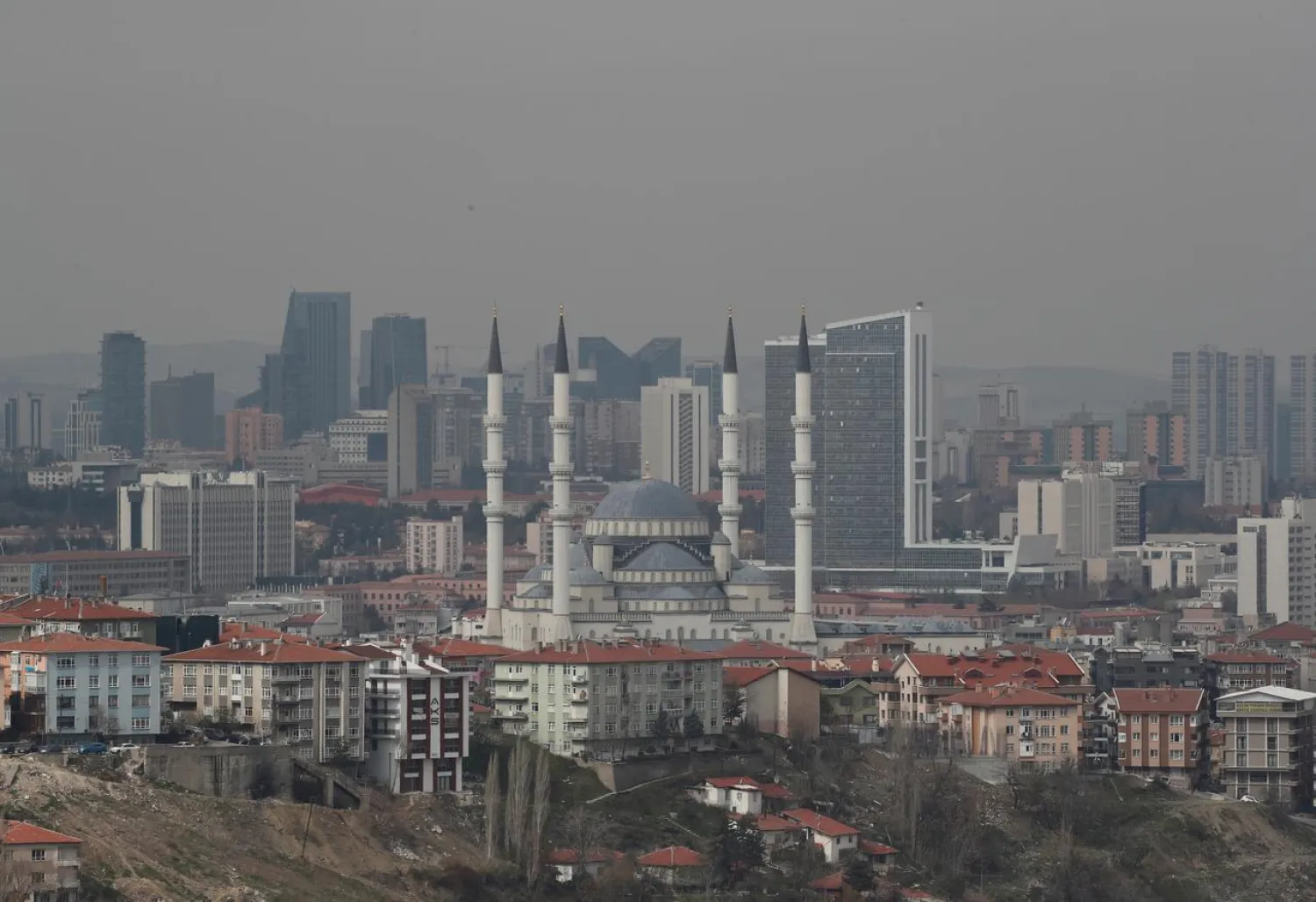Turkey on Thursday rejected a US call to release jailed civil society leader Osman Kavala, accusing Washington of interference.
Kavala, a businessman and philanthropist who has been imprisoned for more than three years without a conviction, is being tried on charges related to a 2016 coup attempt and 2013 protests against President Recep Tayyip Erdogan.
The 63-year-old was acquitted in a case related to the 2013 protests last February.
He was then immediately rearrested and charged with the 2016 coup plot. A Turkish court last month also overturned his earlier acquittal and a judge last week combined the two cases into one.
The US State Department on Wednesday called the charges against Kavala "specious" and demanded his "immediate release".
The Turkish foreign ministry fired back at Washington by demanding that it "respect" the independence of its courts.
"Turkey is a state governed by the rule of law," the ministry said in a statement. "No country or person can give orders to Turkish courts."
Secretary of State Antony Blinken told his Senate confirmation hearing last month that Turkey "is not acting as an ally should" and represented "a very significant challenge".









